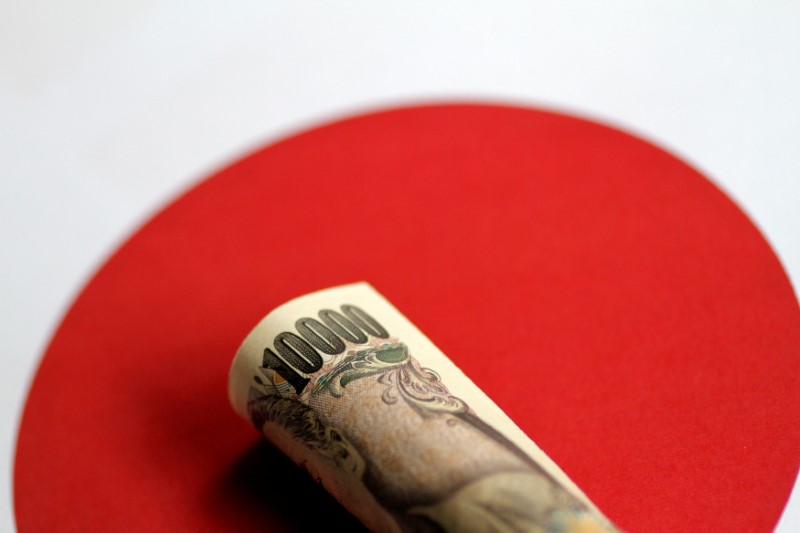Goldman Sachs strategists believe that the recent unwinding of the carry trade on the Japanese Yen (JPY) should go further, despite the significant moves already observed.
The sharp sell-off in , which started late last week, has focused significant attention on the extent of the carry trade in the Yen and how long it can last. Strategists said the limited data available makes it difficult to predict, although there are some key indicators to take into account.
According to Goldman’s note on Friday, while this indicates that net short positions among non-commercial investors have fallen from nearly $15 billion to just $1 billion, it doesn’t show the full picture.
“This alone would indicate that roughly 90% of the carry trade has been completed,” strategists said.
“While it is difficult to have a high degree of confidence in any estimate, we believe the actual number is likely lower, leaving more room to run given the substantial holdings in “firmer” parts of the investor space and the positions taken outside the futures markets.”
Goldman Sachs points out that the sum of foreign stock holdings among Japanese mutual funds, government pensions and other large investors rose to roughly 300 trillion yen as of the first quarter of 2024, from 135 trillion yen before the Bank of Japan’s aggressive monetary easing policy started. .
Even assuming that only half of these investments are exposed to currency fluctuations, there is still around $1 trillion at risk of significant losses if the yen continues to rise, potentially triggering more repatriation flows and both stock sell-offs if the rapid appreciation of the yen is reinforced.
“That said, any related flows are likely to be slower on average than the rapid shift already seen in the speculative community,” strategists continued.
“Furthermore, we are skeptical that the yen has been used so extensively as an outright financier of long positions elsewhere, especially in the case of US technology stocks,” she added.
Instead, strategists believe that the recent correlation between the USD/JPY sell-off and the Nasdaq decline is due to a ‘perfect storm’ of factors supporting the yen rather than deep carry leverage trade.
Nevertheless, if financial conditions were to tighten sharply again, Japan could disrupt the domestic inflation trajectory and potentially hinder the Bank of Japan’s ongoing interest rate hike plans, as indicated by Vice Governor Uchida. This is a key reason why Goldman Sachs believes that a rapid and substantial strengthening of the yen is unlikely unless there is a significant risk of a US recession.


